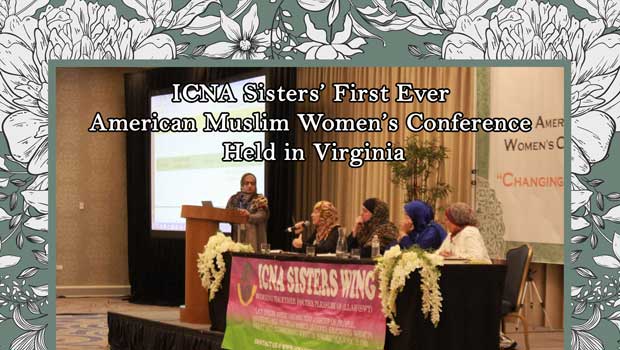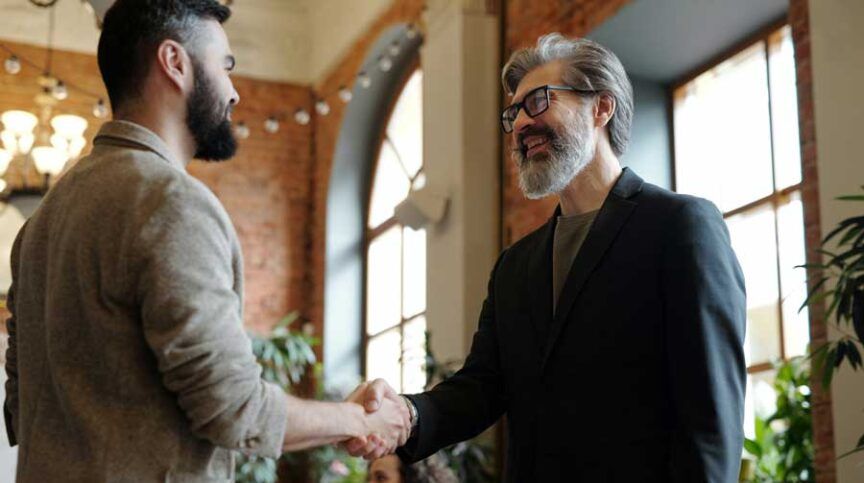Women from across the nation attended ICNA Sisters’ first ever American Muslim Women’s Conference Saturday, Oct. 7, in Chantilly, Virginia to talk about “Changing the Narrative” of Muslim women in the United States. The approximately 400 invited guests included female leaders not only from within ICNA’s own divisions, but also from several other prominent U.S. organizations, distinguished professors, civil rights organizers, doctors, and Islamic scholars.
During the welcome address, ICNA Sisters president Sadia Salman said, “The women here represent the diverse Muslim women that make up our society. Which is why with the current situation of our nation, the world and our Ummah, it is more important than ever before for us to stand united as one. ”She added that despite the various organizations and platforms the women at the conference were a part of, it was their “duty to stand up and work together” regarding the challenges in society. The conference aimed to unite women leaders from across the nation to hear about, discuss, and highlight possible solutions to several pressing issues facing the American Muslim woman, according to Faizah Aslam, secretary general of ICNA Sisters.
The morning portion of the event began with speakers Dr. Zainab Alwani, Aisha al-Adawiya, Farhana Matin, and Shaikh a Anse Tamara Gray discussing topics ranging from how the Muslim woman is defined in today’s society and the journey of American Muslim women in the U.S., to how American Muslim women are not only the backbone of the household but are also the rising leaders in society; and finally, how American Muslim women can tap into the power they have and use it to contribute to a successful society.
Following lunch, the audience had the chance to attend two parallel panel sessions, “Oppression: What, Where, & When” with Alwani, Salma Abugideiri, Nahela Morales, and Zahra Billoo and “Through the Filters: Myth vs Reality” with Alia Salem, Hena Zuberi, MaryaBangee, and Rowaida AbdelAziz. The first highlighted and answered questions of how Muslim women are oppressed in the U.S. and what are the different forms of oppression, while the other handled questions of the portrayal of Muslim women in media and what can be done to change the perception of women in film and news media.
The last main hall session focused on areas where American Muslim women are already contributing and building a counter-narrative to the one seen most frequently in media. The conference ended which opinions and feedback collected during the sessions which were read as a way to share with the audience possible initiatives and solutions to some of the issues discussed.
“It was more successful than I anticipated,” Abeer Sher, ICNA Sisters vice-president said. “The reason being I didn’t expect to gather that many Muslim women leadership from across the United States under one roof, but alhamdullilah it happened. My heart is so warm from hearing during the sessions just how ready the Muslim women were to unite on every level.”






